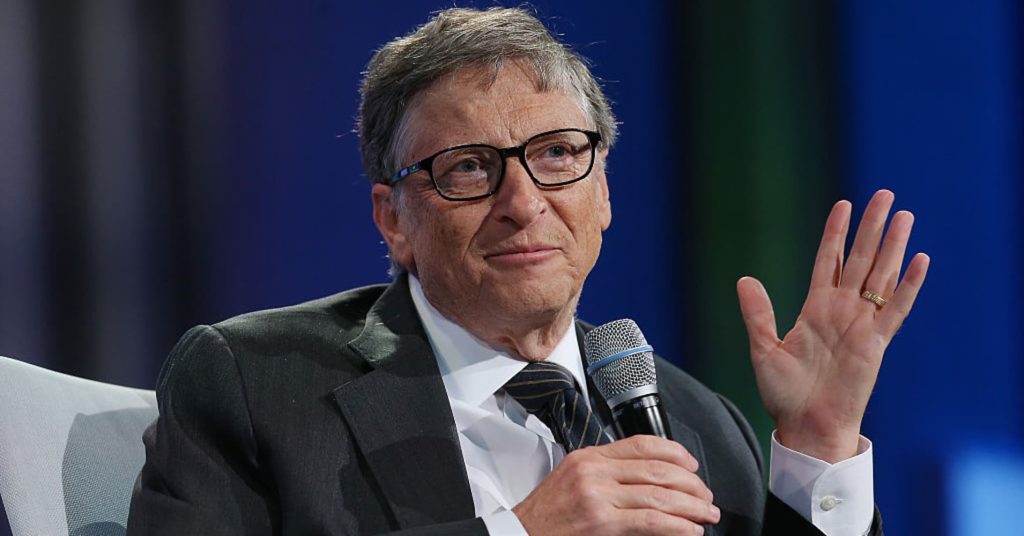In a Time defined by rapid technological advancement, particularly in artificial intelligence, a radical proposal is gaining traction among some of the world’s wealthiest and most influential figures, including Bill Gates: the idea of a two-hour workweek. But what would this shift mean for our quality of time, health, and overall well-being?
As work increasingly gets automated, the argument for a condensed workweek is rooted in a vision where human labor is greatly diminished, allowing individuals to pursue passions, hobbies, and relationships. Gates, alongside other billionaires, suggests that instead of clinging to traditional work norms, society should embrace this new reality made possible by AI advancements.
At the heart of the two-hour workweek proposal is the question of what constitutes meaningful work and life. With an abundance of time freed up, individuals could invest in personal growth, family bonding, and community engagement. Imagine a world where the average person dedicates just two hours to formal employment and spends the remainder nurturing relationships, participating in community service, or exploring new interests.
This model could foster a deeper sense of fulfillment and potentially revolutionize our perception of productivity. Rather than measuring success by hours logged at a desk, we might evaluate our lives through the lens of quality experiences and emotional well-being.
The implications for health and wellness are equally profound. The contemporary work culture is often synonymous with stress, burnout, and mental health challenges. By drastically reducing work hours, individuals could experience a significant decline in work-related stress. Studies have shown that longer work hours correlate with increased anxiety and depression. In contrast, a shorter workweek could enhance mental clarity and promote emotional stability.
Moreover, more free time allows for a better work-life balance, leading to healthier lifestyle choices. People could exercise more, cook nutritious meals, and spend time outdoors, creating a foundation for improved physical health. As we reduce the pressure to constantly perform, we may find ourselves developing a stronger connection to our bodies and minds.
Artificial intelligence plays a crucial role in making a two-hour workweek feasible. AI technologies are rapidly automating tasks that once required human intervention, thus diminishing the need for long hours in the workplace. The automation of menial tasks could lead to a shift in how we perceive work.
Imagine a scenario where AI handles data entry, scheduling, and even customer service, allowing humans to focus on creative collaborations, strategic thinking, and relationship-building—areas where human intuition and emotional intelligence excel. This shift could also enable businesses to adopt more flexible workplace policies, ultimately fostering an environment where individuals can prioritize quality over quantity.
As leaders like Bill Gates advocate for the potential of a two-hour workweek, we must consider the broader implications of such a shift. Could this radical rethinking of work redefine our priorities and reshape our quality of life? In an age dominated by technology, it’s increasingly clear that the future of work may not just be about how many hours we clock in, but how we choose to spend the time life gives us.
In pondering this question, one must reflect on their values and aspirations. What would you do with that extra time? Would you pick up that hobby you’ve long neglected? Travel to new places? Spend quality moments with loved ones? As we stand at the intersection of technology and human potential, the possibility of a two-hour workweek invites us to reimagine not only our work lives but the very essence of our existence.


More Stories
A Heartfelt Tribute to Our Airline Pilots Global and Their Unwavering Commitment to Safe Journeys
Examining the Spectrum of Genius, A Comparative Exploration of Homosexual and Heterosexual Geniuses
The Highly Honorable John D. Rockefeller: A Visionary Philanthropist and Business Pioneer, And His Relationship With Bermuda